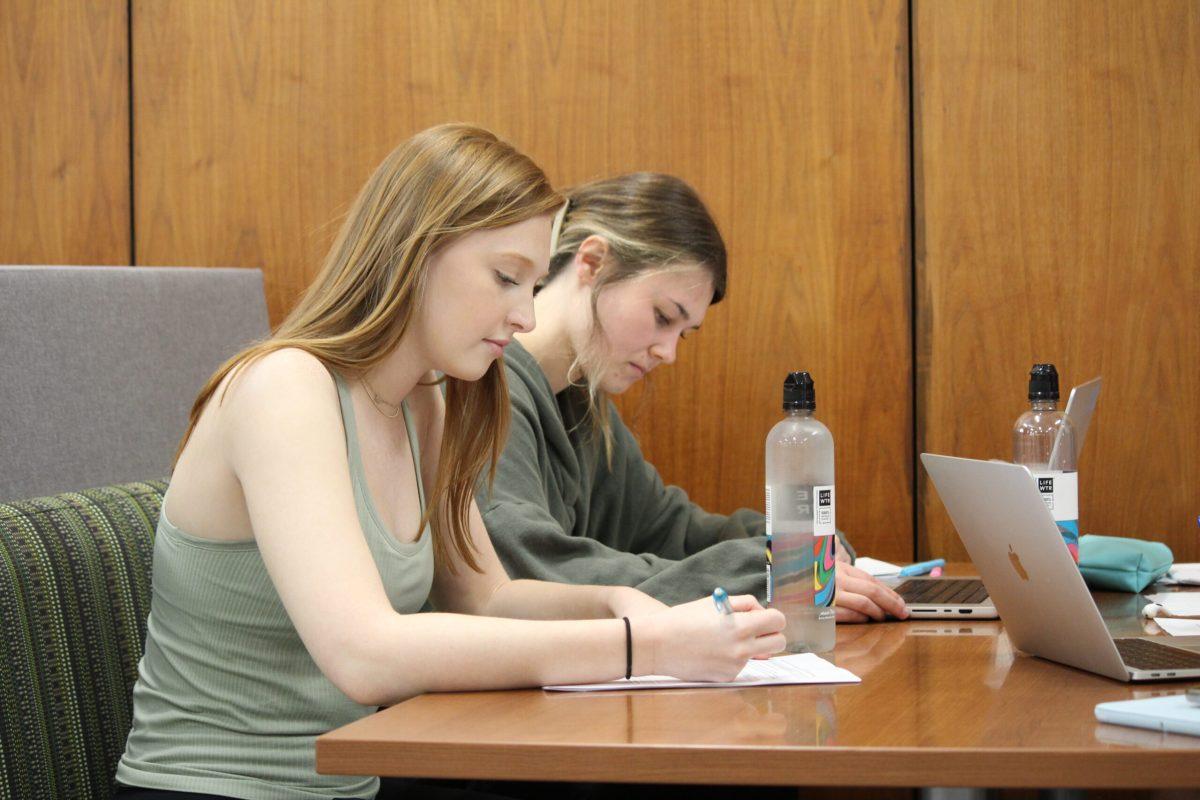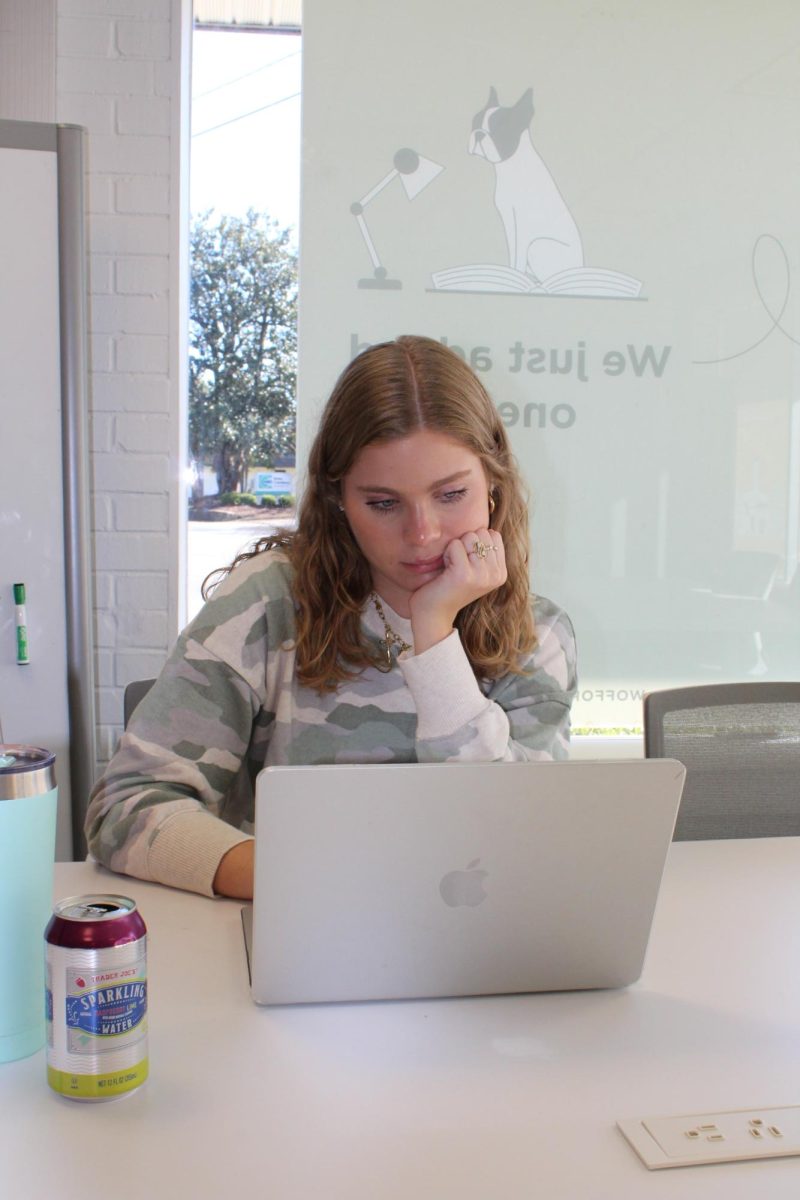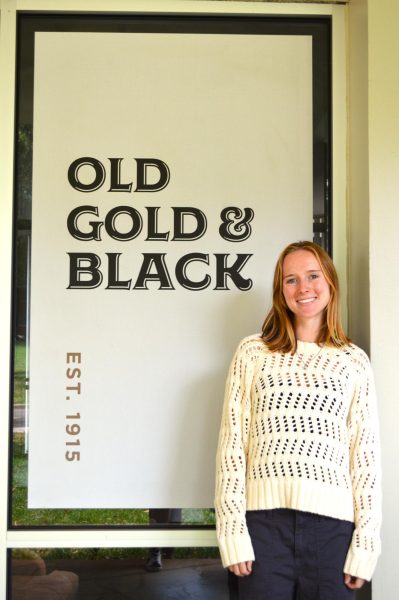As the world of research and information has become more digitized, there have been many implications for the access and licensing of resources. Not only this, but the ways in which new generations of students engage with research and information available to them have been drastically affected by the internet’s evolution.
Considering this constant state of change, how is Wofford’s library and information center geared towards the success of students? Erin Davis, Wofford’s access services librarian, mentioned the restructuring of what she called the library’s “customer service model,” as their department is attempting to incorporate more “peer-to-peer” interactions to engage the current demographic of students.
“It’s not so much that we’re doing things we’ve never done before, it’s maybe just that we are doing them in a new way and also trying to be more communicative about it,” Davis said. “(The current) demographic prefers to have interactions with (their) peers versus someone like me.”
The main avenue for these changes in communication is the creation of the library’s student manager role, for a student whose job is to act as an asset to both their peers and the librarians.
“Our roles are being adjusted to be able to provide support to employees like (Davis) and to effectively communicate with staff,” said Student Manager Lindsey Vane ‘25.
Vane described the position as a more “casual” figure for students to reach out to for assistance with tasks ranging from printing to resource access and databases.
Something mentioned by both Davis and Vane is the digitization of library resources and how this has led to changes in their accessibility, thus prompting the addition of new positions like the library student manager to aid student success.
“What we’re trying to do now is find ways to connect the current methods of research that students are already engaging in to the collection that already exists,” Davis said.
Bridging this gap between student research methods and accessible and reliable resources has never been more integral with the surge in unreliable sources.
Additionally, specific changes in the copyright of digital resources can make them difficult to navigate. This means that the Wofford staff has had to adjust to maneuver the recent challenges with access while also improving the user experience for students.
With the digitization of resources comes their commercialization, meaning that no journal or database comes without cost.
Luckily, Wofford has direct access to many of these resources, or ways to loan them, and the incorporation of student liaisons like Vane will hopefully encourage more students to access the right resources the right way.
While Wofford has systems in place to ensure access to necessary resources, the mere existence of a cost for digital information could speak on the evolution of academia and the cultural value of knowledge itself.
The hefty cost of databases places a rightful prestige on reliable information, but does this cost have the potential to create a monetary barrier which removes reliable information as a feasible option?
Does the direction of digitization prove reviewed and reliable information to only be of value to academics and students? By placing information behind a paywall, are we thereby discouraging the average person from a sense of academic curiosity?
With the rise of unreliable information, the deviation between free and costly information has never been clearer. This raises to question exactly who can benefit from access and understanding of valid and researched fact, arguing for its place outside of academia.
Thankfully, the staff of Sandor-Teszler Library has made changes, proving its dedication to guiding students towards information in an efficient and effective way.

























